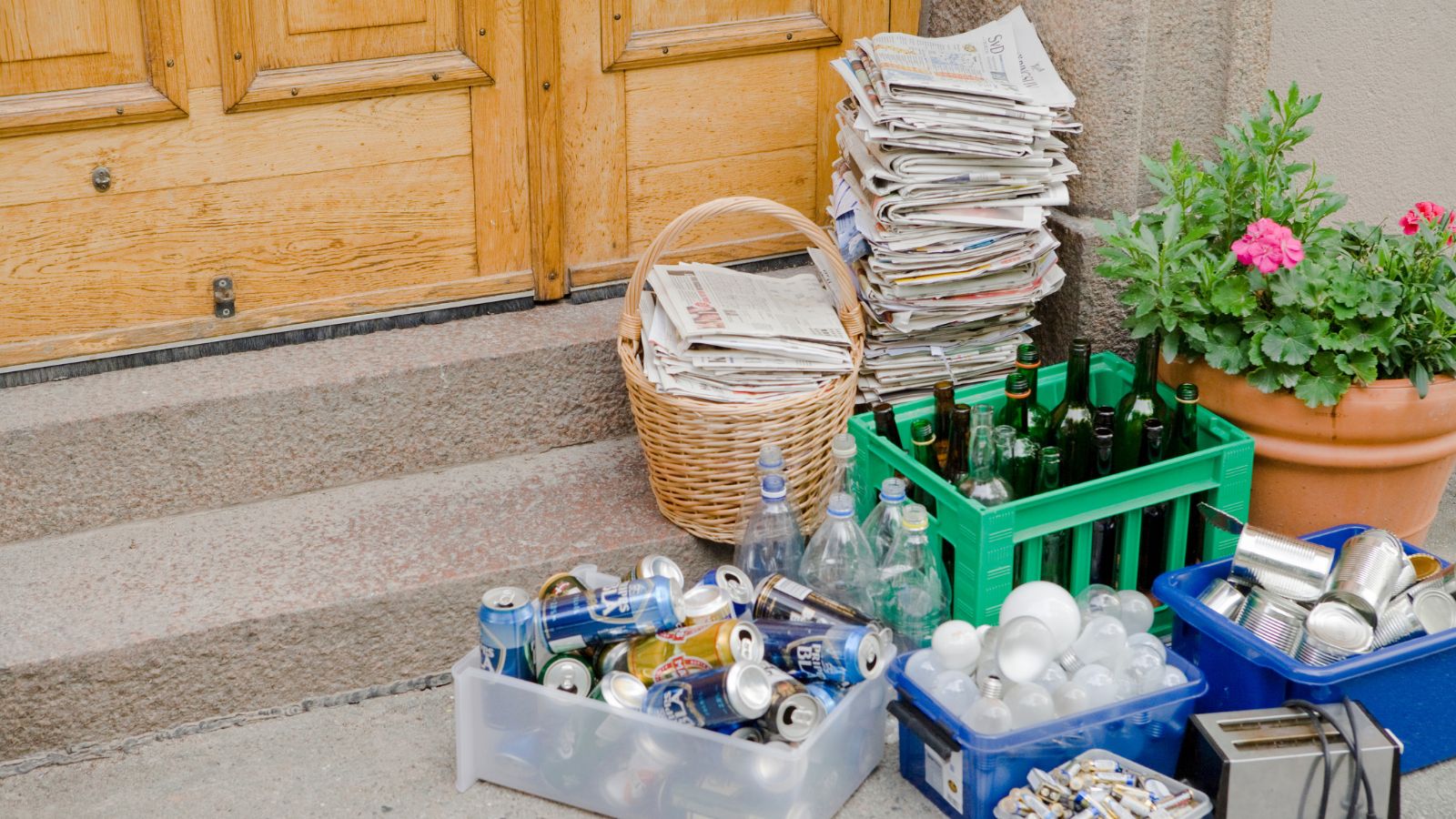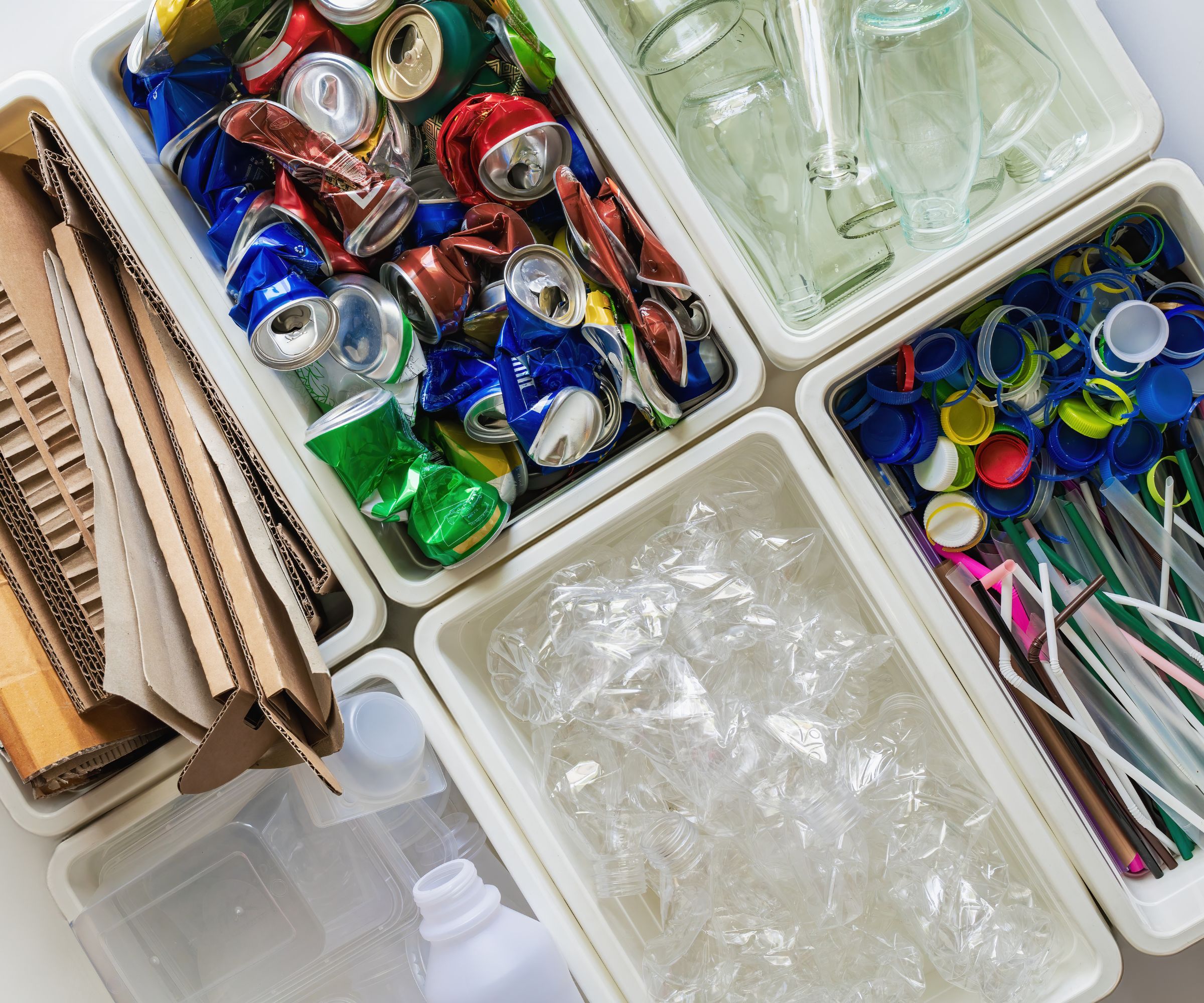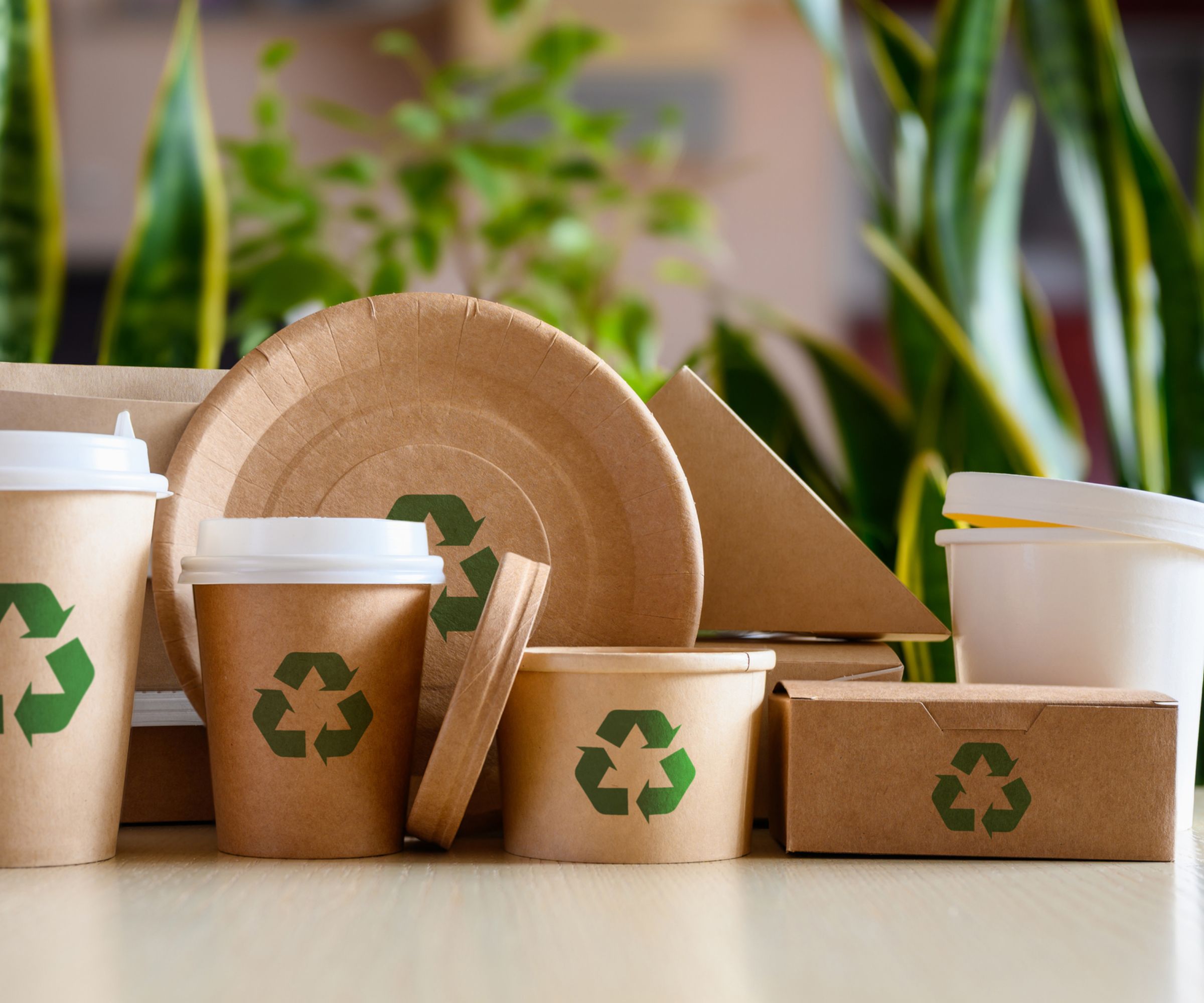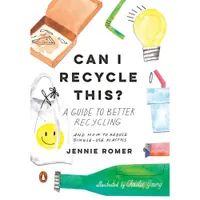6 things no one tells you about recycling at home – are you making these avoidable mistakes?
Understanding these six things about recycling materials and packaging can help you make a change for the better


Design expertise in your inbox – from inspiring decorating ideas and beautiful celebrity homes to practical gardening advice and shopping round-ups.
You are now subscribed
Your newsletter sign-up was successful
Want to add more newsletters?

Twice a week
Homes&Gardens
The ultimate interior design resource from the world's leading experts - discover inspiring decorating ideas, color scheming know-how, garden inspiration and shopping expertise.

Once a week
In The Loop from Next In Design
Members of the Next in Design Circle will receive In the Loop, our weekly email filled with trade news, names to know and spotlight moments. Together we’re building a brighter design future.

Twice a week
Cucina
Whether you’re passionate about hosting exquisite dinners, experimenting with culinary trends, or perfecting your kitchen's design with timeless elegance and innovative functionality, this newsletter is here to inspire
Have you ever tossed a plastic bag into the recycling bin, only to wonder if it'll actually get recycled? You're not alone. Recycling can feel like a complex process, and you may question if you are doing it right.
While recycling is often promoted as a simple solution to reduce waste and protect the environment, in reality, it's a lot more complicated.
We reached out to sustainability and waste experts and asked them to share some lesser-known truths and challenges about recycling and some errors you might be making. Understanding these can help you recycle more effectively and be more sustainable at home.
Things no one tells you about recycling at home
With Global Recycling Day coming up, it's the perfect time to change your recycling behaviors to contribute to creating a more eco-friendly home.
1. The reality of downcycling

While recycling is promoted as a sustainable practice, some 'recyclable' materials undergo a process known as 'downcycling' each time they end up in your home recycling.
Many materials, especially plastics, degrade in quality each time they are recycled. This means the recycled material is of lower quality than the original, reducing the lifespan of any 'new' product created from it.
This degradation limits the number of times a material can be recycled, underscoring the importance of reducing and reusing before recycling your home goods.
Design expertise in your inbox – from inspiring decorating ideas and beautiful celebrity homes to practical gardening advice and shopping round-ups.
2. The myth of bioplastics
'Bioplastics are often heralded as an eco-friendly alternative to traditional plastics. However, the reality is that they require specific conditions to break down and cannot always be processed through standard recycling facilities,' explains Grace Thompson, product manager at ChicSew.
'This means that, without proper industrial composting facilities, these materials might not be as environmentally friendly as one would hope,' she adds.
If your local recycling facility does not have the proper infrastructure or protocols, bioplastics can contaminate recycling streams or end up in landfills, negating their environmental benefits.
So, check if your local facility can properly break down bioplastics; otherwise, recycling these products can mean more work for staff separating recyclable from non-recyclable materials.
Can I Recycle This?: A Guide to Better Recycling and How to Reduce Single-Use Plastics | Was $26.00, now $20.35 from Amazon
This handbook can help dispel some recycling myths and help you better understand best practices for recycling.
3. Not all recyclables are created equal
'One common misbelief about recycling is that everything can be recycled, when in fact not all materials boasting the 'recyclable' tag are easily recycled,' says Brian Davis, CEO of Handy Rubbish
Whether or not your used food packaging can be given a new lease of life will depend heavily on the local facilities available in your area and the market demand for recycled materials, explains Brian. 'For instance, certain plastics may technically be recyclable, but they often end up in landfills due to the lack of infrastructure or economic feasibility to recycle them.'
Brian recommends inquiring with your local waste management department about the types of materials you are allowed to recycle and those you are not.
4. Impurities make recycling more costly to process
Contamination isn't just an inconvenience; it's also a financial burden. When non-recyclable items like glass cookware or sticky tape are put into the recycling bin, it drives up the costs of sorting and processing.
Likewise, impurities such as food residue in plastic containers make them impossible to recycle, adding to the workload in recycling sorting facilities.
Be sure to sort materials according to the correct category and empty and rinse containers before recycling to prevent cross-contamination with other waste products.
5. The challenge of composite materials

Packaging made from composite materials, such as cartons coated with plastic or aluminum, poses a considerable challenge in recycling. These materials are difficult to separate into constituent parts, making them less likely to be recycled.
'To truly reap the benefits of recycling, we need to consider how things are made,' says Ditte Vind, leading sustainability expert at The Circular Way. 'This could be as straightforward as choosing single-material items over mixed ones.'
6. Recycling guidelines can vary by location
Not all recycling symbols are universally accepted or accurately represented. The recyclability of items – despite what the label might suggest – actually depends on geographic location, local recycling facility capabilities, and the materials used in the product.
Therefore, it's crucial to familiarize yourself with your local recycling guidelines and the capabilities of your local waste management and double-check the item you intend to recycle to ensure proper disposal and minimize environmental impact.
Understanding the intricacies of recycling is key to engaging in sustainable waste management. By knowing what's recyclable, understanding the obstacles in the recycling process, and making informed choices, we can ensure we do our best to improve sustainability and protect our planet.

Lola Houlton is a news writer for Homes & Gardens. She has been writing content for Future PLC for the past six years, in particular Homes & Gardens, Real Homes and GardeningEtc. She writes on a broad range of subjects, including practical household advice, recipe articles, and product reviews, working closely with experts in their fields to cover everything from heating to home organization through to house plants. Lola is a graduate, who completed her degree in Psychology at the University of Sussex. She has also spent some time working at the BBC.
